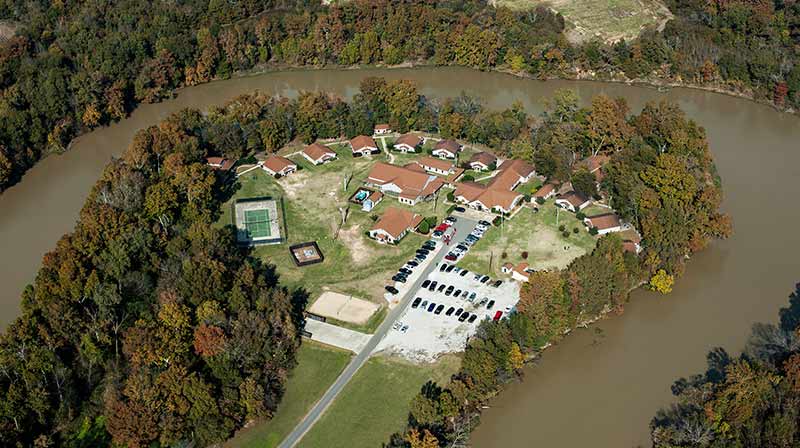Addiction Early Recovery Ashtabula OH
Home
Top Addiction Early Recovery Ashtabula OH
Addiction Early Recovery Ashtabula OH
In other words, where there’s a will, there’s a way. Cocaine, heroin, Ecstasy, GHB, marijuana and prescribed drugs are the most commonly used drugs in Connecticut.
It usually takes longer for the reality of the addiction to come to pass when you are financially able to facilitate your addiction. This can help some clients better regulate their recovery needs for sustained sobriety. Those individuals who often suffer from somepsychological conditions such as anxiety, stress-related disorders, and depressionbegin abusing drugs to decrease the feelings of emotional pain. They have a strong social media presence through which alumni can communicate and share their stories, and a unique “live chat” option on their website so that they can help those who are looking for guidance.
Below are Some Even more Resources on Benzodiazepines Abuse Facilities

Here are Some Even more Resources on Phenobarbital Abuse Center Ashtabula OH
If this is the case, it is important to seek medical detox and addiction treatment. The addict then carries this message to other people and continues to practice these principles.
More Details About Phenobarbital Abuse Center
What's the special flavor this week, chocolate Jack Daniels?" "Strawberry scotch." "Stick one of those paper umbrellas in mine." "Shove a syringe in mine. That is the amount of time, after the person stopped drinking, it would take the average person to sober up to a BAC of 0. In fact, readiness for change is CRUCIAL FOR DRUG REHAB SUCCESS.
Right here are Some Even more Resources on Opioids Abuse Programs Ashtabula OH
Never did they ever think their lives were worth so much as they are now. We have found that people can thrive in a Christian outpatient treatment program if they have the proper motivation. Treatment methods may vary between individuals, and multiple treatment courses may be required to achieve success. Instead of being frightened by being judged, the patients feel more open at sharing their experiences and emotions because they know that the people that surround them share the same belief with them and are supportive of their cause. Hence the priority of a speedy and more importantly permanent cure becomes relevant. Liquid meth, which often comes from Mexico, is becoming more and more prevalent throughout the state of Texas. For further assistance please either fill out the form or give us a call at 1-866-391-6530 if you would like to have a quicker response.
Click Here for More Information
Previous Next
You may also like:
Biocodone Addiction Rehab Facilities Zeigler IL
Crystal Meth Rehab Treatment Clinic Woodward OK
Concerta Detox Clinics Lovell WY
Tranquilizers Addiction Programs Grant Town WV
Crystal Meth Abuse Treatment Clinic Orchard TX
Ecstasy Detox Clinic Pleasant City OH
Inpatient Treatment For Substance Abuse Ridgeland MS
Christian Rehab Camps West Hills CA
Amobarbital Detox Facilities Corrales NM
Opioids Detox Clinics Glen Flora WI
K2 Addiction Rehab Program Hachita NM
Vivitrol Detox Treatment Facility Lansford PA
Percodan Abuse Treatment Center Inkster ND
Actiq Detox Treatment Facilities Turners MO
Hydromorphone Detox Center Collinsville AL
Ketamine Addiction Rehab Clinics Preston MS
Xodol Rehab Facilities Seabrook TX
Ativan Abuse Programs Lignum VA
Secobarbital Abuse Treatment Clinic Speedwell VA
Top Rated Dual Diagnosis Treatment Centers West Peterborough NH